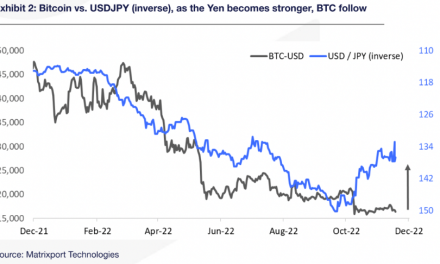Turbulent Times for Bitcoin
Bitcoin, the world’s largest cryptocurrency, has experienced a significant price crash recently. Market analysts and industry experts have been scrutinizing the situation to understand the key factors behind this downturn. One crucial element that has emerged is the role of US government regulations in impacting the cryptocurrency market. In this article, we will delve into the effects of these regulations on Bitcoin’s price and the broader implications for the cryptocurrency landscape.
The Impact of US Government Regulations on Bitcoin
Increased Regulatory Scrutiny
The US government has been closely monitoring the cryptocurrency market, seeking to regulate and control various aspects of the industry. Increased regulatory scrutiny has led to heightened uncertainty among investors, resulting in market volatility and reduced confidence in cryptocurrencies like Bitcoin.
Tax Implications for Cryptocurrency Transactions
The Internal Revenue Service (IRS) has introduced new tax guidelines for cryptocurrency transactions, which may have dampened enthusiasm for Bitcoin investments. Investors may now face higher tax liabilities, making cryptocurrency investments less attractive compared to other traditional investment options.
Concerns over Money Laundering and Illicit Activities
US government agencies have expressed concerns over the use of cryptocurrencies for money laundering, terrorist financing, and other illegal activities. As a result, regulatory measures have been introduced to curb these activities, adding to the pressure on Bitcoin and other cryptocurrencies.
Potential for Stricter Regulations
The ongoing debate surrounding the need for stricter regulations in the cryptocurrency market has also contributed to the price crash. Investors fear that the introduction of new regulatory measures could further limit the growth potential of cryptocurrencies, resulting in a negative impact on their value.
Broader Implications for the Cryptocurrency Market
The recent Bitcoin price crash, fueled by US government regulations, has led to broader implications for the cryptocurrency market:
- Market Volatility: The uncertainty surrounding government regulations has increased market volatility, making it challenging for investors to make informed decisions.
- Decreased Institutional Adoption: Institutional investors, who were previously considering entering the cryptocurrency market, may now be deterred due to increased regulatory risks and uncertainties.
- Impact on Smaller Cryptocurrencies: The effects of regulations on Bitcoin can ripple through the entire cryptocurrency market, impacting smaller cryptocurrencies and tokens that may struggle to survive in a highly regulated environment.
Conclusion: Navigating the Uncertain Future of Cryptocurrencies
The Bitcoin price crash, driven in part by US government regulations, has highlighted the complex relationship between cryptocurrencies and regulatory frameworks. While it is essential to establish regulations to ensure the safety, security, and transparency of the cryptocurrency market, a delicate balance must be struck to avoid stifling innovation and growth.
Navigating the uncertain future of cryptocurrencies will require collaboration between governments, industry stakeholders, and investors. By fostering a supportive and well-regulated environment, it is possible to unlock the full potential of cryptocurrencies, while mitigating the risks associated with their use.





